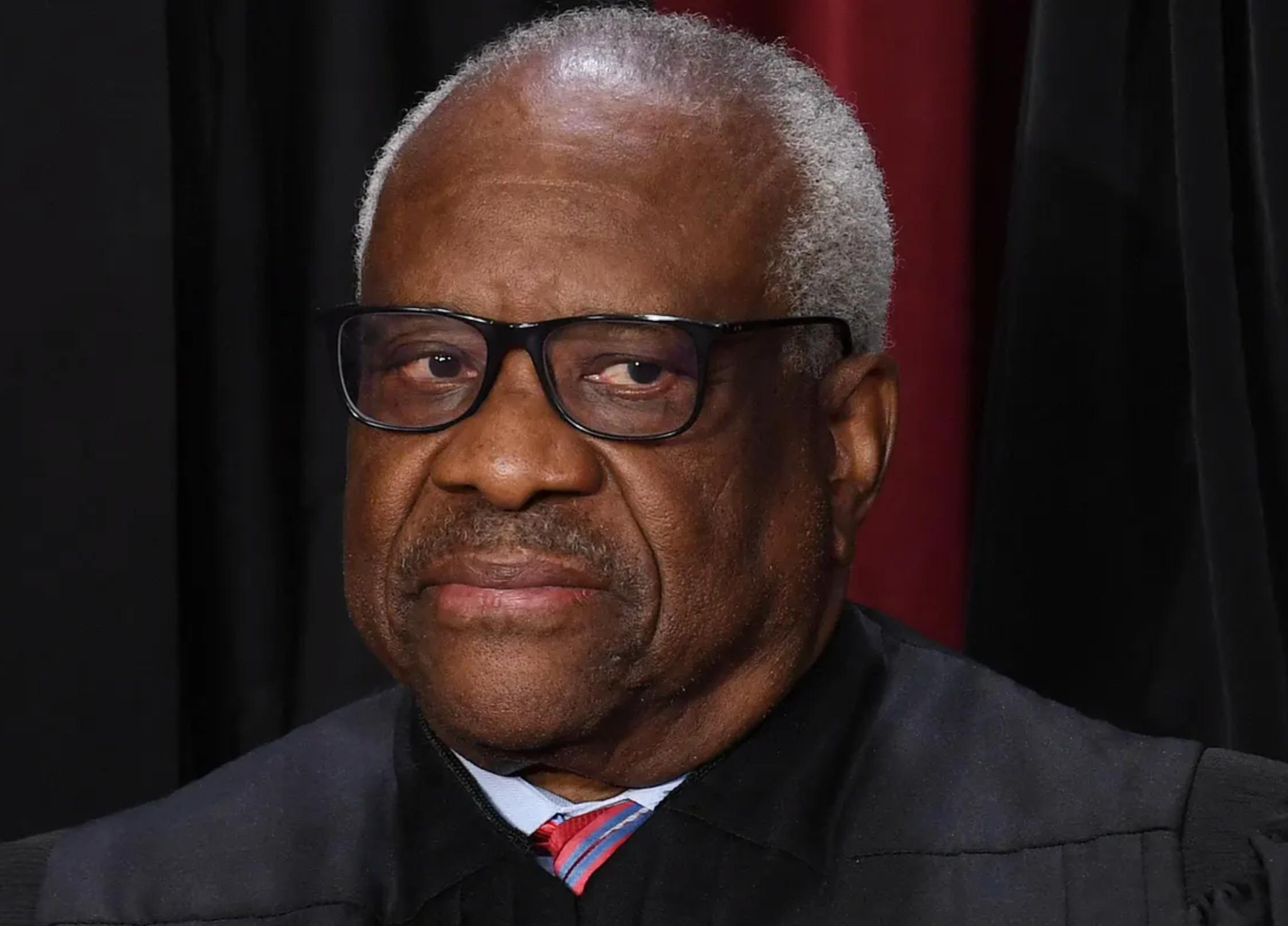A recent investigation by ProPublica has exposed the long-standing and unethical relationship between Supreme Court Justice Clarence Thomas and the Koch brothers, who have funded a network of conservative groups that have brought cases before the court. The report shows that Thomas has secretly participated in events for the Koch donor network for at least a decade, despite the fact that the group has a direct interest in the outcomes of several Supreme Court cases. The report raises serious questions about Thomas’ impartiality and integrity as a judge, and his potential violation of judicial ethics rules.
According to the report, Thomas has attended Koch network events as a guest speaker and a fundraiser, often flying on private jets arranged by Leonard Leo, a dark-money kingpin who has helped shape the conservative majority on the court. Thomas has also mingled with the Koch brothers and other wealthy donors at the Bohemian Grove, a secretive all-men’s retreat in Northern California, where he was invited by his longtime friend Harlan Crow, a Republican billionaire and Nazi memorabilia collector. Crow has also lavished Thomas with expensive gifts, such as island-hopping yacht vacations, private school tuition for Thomas’ nephew, and buying and renovating a Thomas family property.

Thomas’ judicial philosophy aligns with the Koch agenda
The Koch network, led by brothers Charles and David Koch, is one of the most powerful and influential political organizations in the United States. Over the past 50 years, the Kochs have helped bring about the rise of the Tea Party and sought to slash government regulatory agencies such as the Environmental Protection Agency. The Koch network has also supported legal challenges to campaign finance laws, health care reform, labor rights, and voting rights, among other issues.
Thomas’ judicial philosophy, which is based on a strict interpretation of the Constitution and a hostility to government intervention, aligns perfectly with the Koch agenda. Thomas has consistently voted in favor of the Koch network’s positions in cases that have reached the Supreme Court, such as Citizens United v. FEC, which struck down limits on corporate spending in elections, and NFIB v. Sebelius, which upheld the Affordable Care Act but limited the expansion of Medicaid. Thomas has also been a vocal critic of the Chevron doctrine, which gives deference to government agencies in interpreting ambiguous laws. The Koch network has long opposed the Chevron doctrine, as it allows agencies to regulate industries such as energy and environment.
Thomas’ conduct undermines public trust in the Supreme Court
Thomas’ conduct, which he has failed to disclose on his financial forms, undermines public trust in the Supreme Court and its legitimacy as an independent and impartial branch of government. Legal and political experts have expressed their outrage and disgust at Thomas’ behavior, calling it a “slow creep toward unethical behavior” and a “corruption saga”. Some have also called for Thomas to recuse himself from cases involving the Koch network, or to resign from the bench altogether.
Thomas’ conduct also highlights the lack of transparency and accountability in the Supreme Court, which operates under its own set of ethics rules that are not enforced by any external authority. Unlike other federal judges, Supreme Court justices are not required to explain their recusal decisions, nor are they subject to any disciplinary action for violating the rules. The Supreme Court has also resisted calls to adopt a formal code of conduct, to livestream oral arguments, or to disclose its financial interests and travel expenses.
The Supreme Court faces more scrutiny and criticism in the upcoming term
The Supreme Court, which has a 6-3 conservative majority, faces more scrutiny and criticism in the upcoming term, which begins on October 4. The court will hear cases on controversial topics such as abortion, gun rights, religious liberty, and affirmative action, which could have far-reaching implications for the country. The court will also hear a case involving Americans for Prosperity Foundation, a Koch network group that is challenging a California law that requires nonprofits to disclose their donors to the state. The case could affect the disclosure of dark money in politics, and the ability of states to regulate campaign finance.
The court’s decisions in these cases could further erode public confidence in the court, and fuel calls for reform, such as expanding the number of justices, imposing term limits, or creating an independent ethics watchdog. The court’s legitimacy and credibility depend on its adherence to the rule of law and the appearance of impartiality, which Thomas’ conduct has severely damaged.







